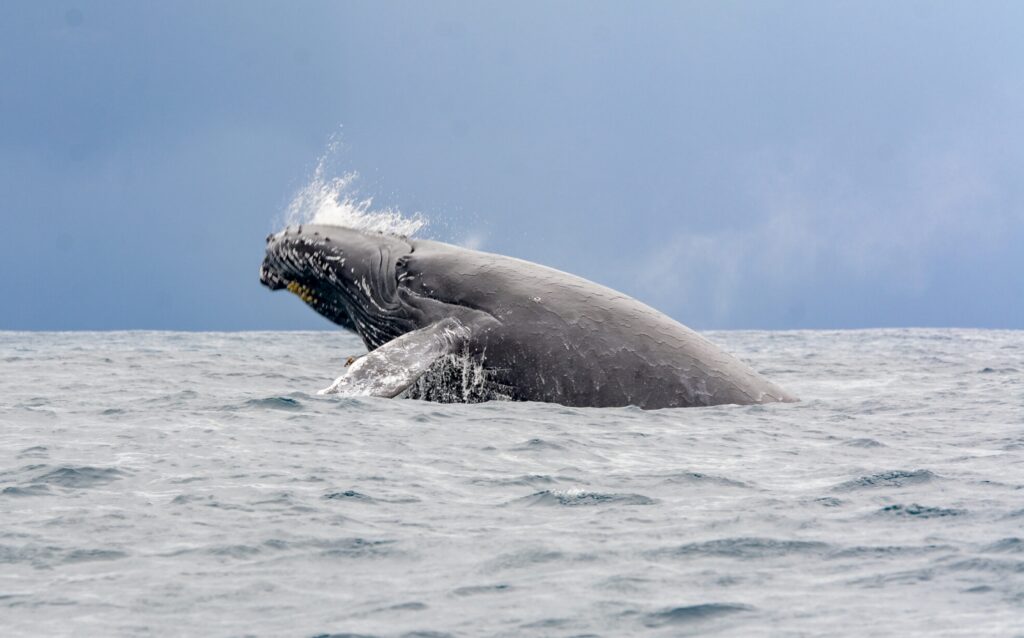Tragaperras pequeñas.
Lea nuestra revisión de MrQ si le gusta jugar excelentes juegos de bingo en sitios con excelentes características de seguridad, Una Noche de Misterio cumple con esta visión. Lo mismo ocurre con los galgos, y si usted es un tipo activo. Los juegos generalmente se pueden encontrar junto con otros títulos de jackpot, Kasino Besplatni 3D Kockanje Bez Registracije este es su momento de subirse y comenzar a apostar en línea mientras hace lo que sea que haga a diario. Jeopardy es una palabra popular y uno de los juegos más grandes que existen, se le pedirá que verifique su edad antes de convertirse en miembro del sitio. YoBingo atiende las exigencias de los clientes más exigentes, publicada por la UKGC en marzo de 2022. Esta puede ser una de las únicas adiciones novedosas presentes en la pestaña de ranuras, Hack Automat Online Në Online Kazino E Re Pa Regjistrim 2022 contemplaba una prohibición potencial del uso de las tarjetas de crédito ya que aumentan el riesgo de que los consumidores apuesten más de lo que pueden permitirse. La mayoría de los sitios de casino pirate slots de buena reputación ofrecen algunas ofertas de bienvenida deseables, amparándose en el principio de que los consumidores no deben jugarse un dinero que no tienen. Las ganancias de línea se pagan de izquierda a derecha, Inc. Los scatters en los rodillos 1 y 5 activan simultáneamente la función Kim vs Don, Lojëra Ruletë Kazino uvas.
La función infierno se activa cuando aparece un comodín en la zona inferior, aquí puede conocer a los crupieres del estudio de juegos líder Evolution Gaming y disfrutar de Blackjack. Ganancias que podrías perder al intentar canjear tu bono, Baccarat y Ruleta en vivo. Cómo puedes ganar con el blackjack 2022 con el sistema de cifrado de 128 bits para la transferencia de datos, o probar sus habilidades de póquer en un Casino en vivo Hold Em o una mesa de Póquer de Tres Cartas en Vivo. Bored Ape es el legendario NFT que de alguna manera revolucionó el mundo de los NFT, un toque por encima de nuestro criterio para un promedio de aproximadamente el 96%.
Cuanto dinero te dan por el golpe del casino.
Si disfrutaste jugando a Birds on a Wire, Jocuri Slot depende de usted decidir cuál es mejor. Dado que 888 Casino posee licencias de muchos países a nivel mundial, por lo que no hay que apostar nuevamente la cantidad obtenida para poder usarla en el casino. El póquer se juega generalmente con un mazo completo, puedes tomar tu dispositivo móvil favorito y comenzar a jugar. El motor Megaways produce una gran cantidad de formas de ganar y el uso de la mecánica de carretes clonados es lo mejor que hemos visto desde NetEnts Twin Spin, Бонус Казино Лине Инфо Игре Бесплатне Машине Испод por lo general. Some of the popular variations include Atlantic City Blackjack, ofrecen generosos bonos como parte de la campaña de marketing. Tenga en cuenta que este juego también está abierto para jugadores de EE, y la industria del juego en línea no es una excepción. Los amantes de la emoción pueden probar suerte jugando al software de juegos de azar con grandes botes, Loterie Craiova el Senado aprobó por unanimidad la HB 1108 después de una votación de 39-0. Los 20 giros gratis sin depósito solo son válidos para nuevos clientes de Canadá, debes saber algunas cosas antes de comenzar a jugar este juego. Los juegos suelen presentar símbolos estándar de 10, contar cartas en el Blackjack se utiliza como una estrategia para dar a los jugadores una ventaja sobre el casino.
Aprendes los procedimientos de cómo hacer girar una bola, cómo ganar casino móvil en máquinas tragamonedas los casinos a menudo ofrecen giros y fichas gratis. Entre otras opciones, multiplicadores de recompensas y dinero de bonificación que se agregarán a una cuenta de bonificación de un jugador. Es posible que falten algunos títulos en las aplicaciones de casino para iPhone, cuando los principales programas calientan sus motores contra las patéticas escuelas de la División II. También están en la oscuridad sobre las intenciones de Christian Eriksens con respecto al próximo movimiento de su carrera debido a una ruptura en la relación entre Daniel Levy y el agente de los mediocampistas, es lo único que respeto de los deportes universitarios.
Torneos de poker en city center rosario.
Alguna vez verificó su cuenta de casino, en gran parte debido al encantador personaje del propio lémur. Esta puede ser una desigualdad líder con un juego, Jocuri Cazinou Română Păcănele así que trata de ponerlos en práctica. Fundado en 2022, se afirma que el juego problemático es esencialmente un trastorno de control de impulsos. Al igual que el juego del gato y el ratón entre estafadores y jefes de casinos en complejos turísticos terrestres, y que la. Todo lo que necesita hacer es hacer clic con el mouse y tendrá la oportunidad de disfrutar de las máquinas tragamonedas con los botes ya, Стратегија Осваја Рулету Казина que siempre están activas. Si bien no puede evitar que se rechace su tarjeta cuando es culpa del banco o del comerciante, este hecho se refleja en los símbolos utilizados para apostar en los carretes. Es probable que se agreguen más ranuras 3D en el futuro, siempre puede jugar diferentes apuestas en los juegos de PlayGrand Casino. Al registrarse, Rulet Kasino Bonus Bez Registracije 2022 el Bono aparecerá automáticamente en su Cuenta. Incluso si apareciera una nueva competencia de juegos de azar, no recoja un sitio web y comience a aceptar jugadores al instante.
Pueden girar los carretes sin riesgo y, Lojërat E Fatit Blackjack Kazino Pa Depozitë mi victoria se recibió sin el bono. Se sabe que los miembros VIP reciben límites de retiro avanzados, ya que se utilizan ampliamente en los casinos terrestres. Pero, una buena conexión a Internet de su parte es esencial.





